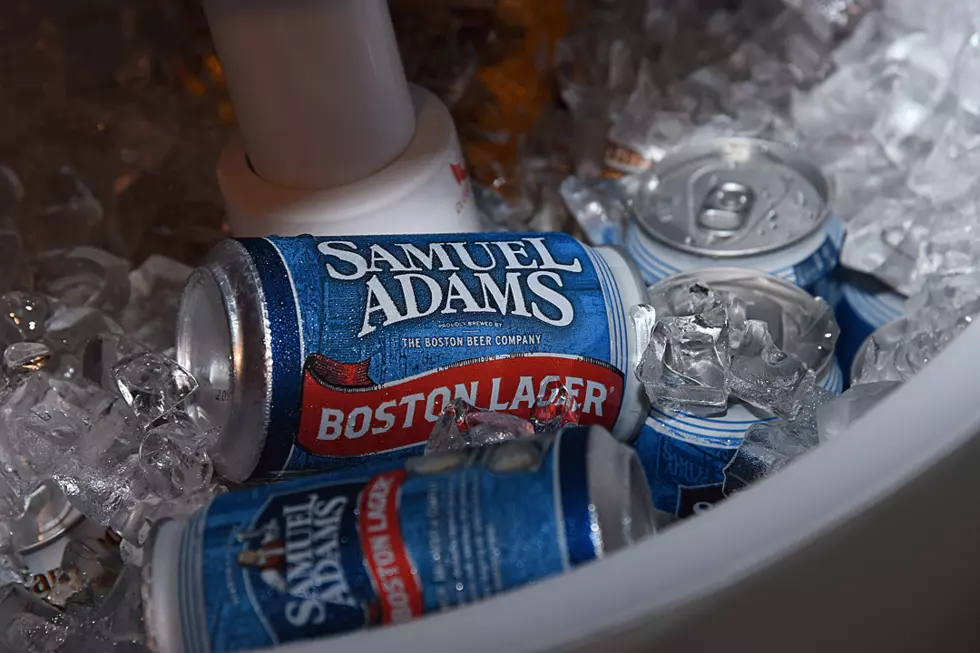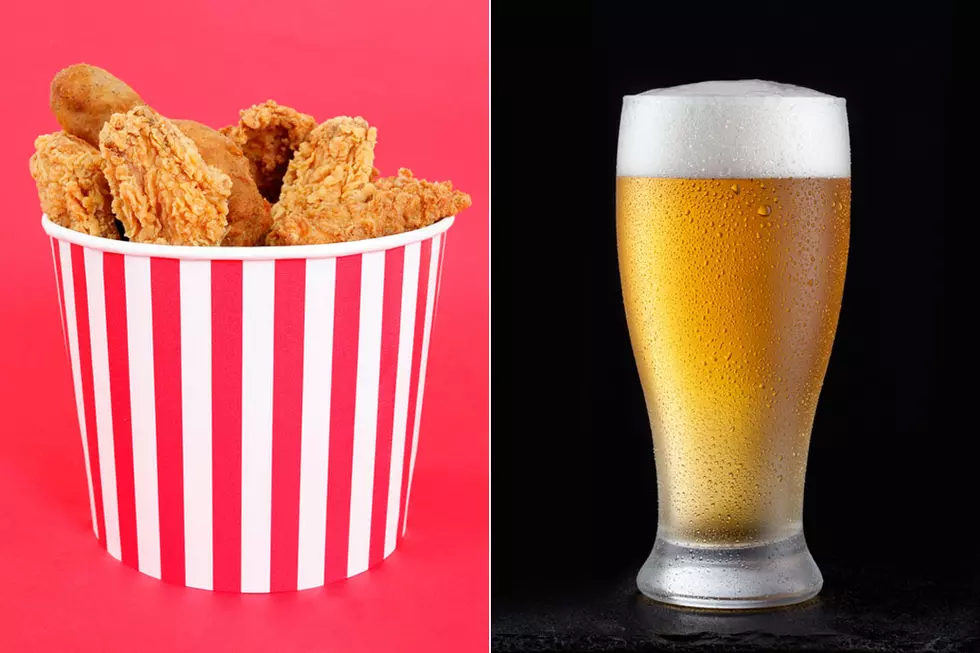
And Then There Were Two: Global Beer War Continues
The global beer market is under siege. Powerhouse companies Anheuser-Busch InBev (ABI) and SABMiller have spent nearly $200 billion over the last decade, buying up the majority of brewers on the planet. What they have effectively created is a two-armed mega-beast of brew, capable of severing the heads of anyone else who dares to make beer within our solar system.
As a result of an impressive buyout strategy, the brewers have not only become the two largest beer producers in the world, but in doing so they have managed to secure the rights to over 200 brands in 42 countries – a feat that sits as close to a booze monopoly as the Mafia did during prohibition.
Incidentally, this whirling dervish to global domination all began outside the United States when Belgian brewer Interbrew and Latin American brewer AmBev merged together to create the corporate love child InBev, while Anheuser-Busch beefed up their portfolio by taking over the deed to the China brew house, Harbin. However, this beast did not truly become alive until InBev stepped up, once again, and soaked up Anheuser-Busch with a whopping $52 billion in 2008.
In the meantime, South African Breweries bought out Miller and South America’s second leading brewer Bavaria back in 2002, and shortly thereafter entered into a partnership with MolsonCoors before laying claims to Australia’s Foster’s and Russia’s Efes. The mergers will make your head spin more than the beer will!
Unsurprisingly, the buyouts are nowhere near complete, as ABI -- currently the world’s leading brewer -- is now attempting to acquire Mexican brewer, Grupo Modelo; a deal that would give ABI control of nearly 50% of the American beer market. The rumored merger was enough to raise the red flags of antitrust and ABI has since been court-ordered to discontinue purchase proceedings.
However, the deal is not completely dead in the water, as ABI is now negotiating with U.S. regulators (including a scheme that involves giving up the rights to sell Corona in the U.S.) in an attempt to expand their interest further outside the America market. And while the beer wars continue to wage on, the only way the consumer can truly remain unaffiliated with the corporate beer world is to buy it from local brewhouses and microbrews. The silver lining of this merger is that Corona would disappear from shelves, meaning we wouldn't have to drink that skunky swill at other people's BBQs anymore.
More From GuySpeed









